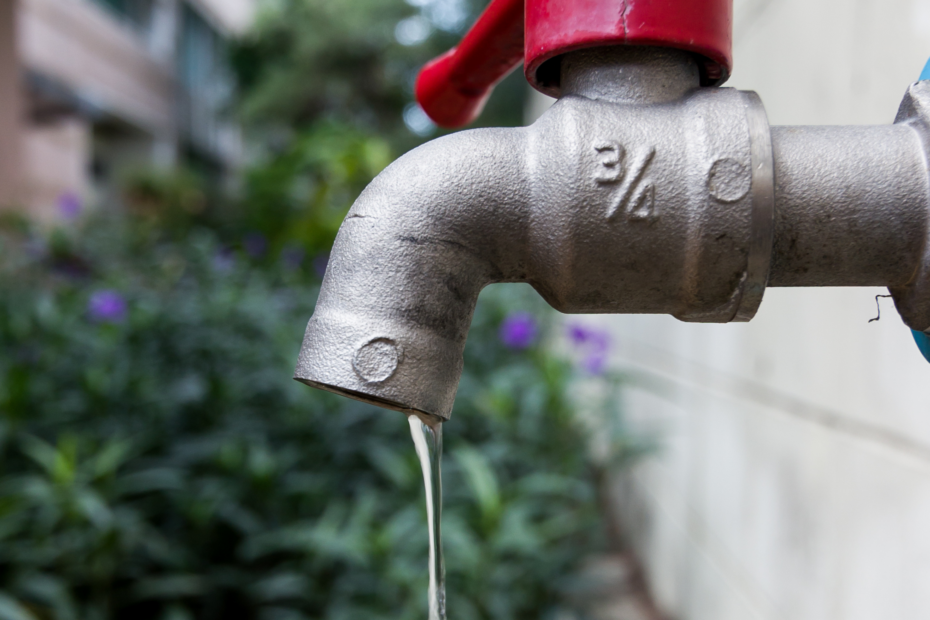Saving water and energy is essential not only to reduce monthly costs, but also to preserve our natural resources. In addition, this practice contributes significantly to the sustainability of the planet. In short, by adopting conscious consumption habits, you protect the environment and save money. Therefore, this guide presents practical tips and simple strategies to help you save water and energy in your daily life. So, keep reading to find out, in detail, how small changes can generate big impacts!
The Importance of Saving Water and Energy
First, it is important to highlight the benefits of reduce water and energy consumption. On the one hand, these resources are finite and, consequently, it is essential to use them responsibly. On the other hand, saving on these inputs has a direct impact on the household budget. Furthermore, by saving, you contribute to preserving the environment. In other words, the practice of conscious consumption promotes a sustainable cycle that benefits everyone.

Strategies for Saving Water
First, let’s look at tips for saving water. This way, you can reduce waste without sacrificing comfort. Here are some practical strategies:
1. Reduce Shower Time
Initially, reduce your shower time to five minutes. This way, you can save liters of water per day. For example, by opting for a low-flow showerhead, consumption decreases significantly. Therefore, this measure is one of the most efficient for saving water.
2. Turn off the Tap During Activities
While brushing your teeth or soaping your hands, turn off the tap. This simple action prevents waste and, consequently, reduces consumption. In addition, by carrying out daily activities with the tap closed, you notice considerable savings at the end of the month.
3. Reuse Water
Another important tip is to reuse water whenever possible. For example, water used to wash clothes can be reused to water plants or clean outdoor areas. This way, you not only save money, but you also contribute to the conservation of water resources.
4. Use Efficient Equipment
In addition, invest in equipment that promotes the rational use of water. Taps with aerators, dual-flush toilets and efficient washing machines are excellent alternatives. Therefore, these choices help reduce consumption without compromising functionality.
5. Water Your Plants at the Right Times
Next, choose to water your plants early in the morning or late in the afternoon. This will prevent the water from evaporating quickly due to the heat. This practice ensures that the water is used more effectively and absorbed better by the soil.
6. Check for Leaks Regularly
Finally, do periodic inspections of your home to identify leaks. Small drips can result in a large waste of water over time. Thus, fixing leaks immediately prevents unnecessary losses and contributes to saving water.
How to save water and energy

Now, we will present tips to reduce electricity consumption, which is also vital to reduce costs and preserve the environment.
1. Replace Incandescent Bulbs with LED
First, replace incandescent bulbs with LED bulbs. This way, you can save up to 80% of energy, since LEDs are much more efficient and last longer. In addition, this change contributes to reducing environmental impact, since less energy is needed to produce the same amount of light.
2. Turn Off Devices on Standby
Next, avoid leaving electronic devices on standby. Even when apparently inactive, they consume energy continuously. Therefore, completely turn off devices such as televisions, computers and chargers when they are not in use. This way, you avoid unnecessary consumption and reduce the value of your electricity bill.
3. Make the Most of Natural Light
Also, during the day, take advantage of natural light. Open curtains and blinds to brighten up the rooms, which allows you to reduce the use of lamps. In other words, by using natural light, you reduce your electricity consumption without losing comfort.
4. Use Appliances with Energy Efficiency Seal
Another important point is to choose appliances that have an energy efficiency seal. These devices consume less energy and, therefore, help to reduce your electricity bill. Therefore, when purchasing new equipment, always check the energy rating to ensure a more sustainable choice.
5. Moderate the Use of Air Conditioning
In addition, air conditioning can be a major energy hog. To minimize this impact, keep doors and windows closed when the appliance is on and clean the filters regularly. This way, the equipment will work more efficiently, consuming less energy.
6. Optimize Your Refrigerator’s Usage
Additionally, the refrigerator is one of the appliances that consumes the most energy. Therefore, avoid opening the door frequently, arrange the food so that air circulation is not impaired and adjust the thermostat as recommended by the manufacturer. This way, you optimize its operation and save energy.
7. Use the Iron Moderately
Finally, use the iron sparingly. If possible, iron a large amount of clothes at once and turn the appliance off when not in use. This way, you will reduce usage time and, consequently, energy consumption.
Sustainable Habits to Reduce Consumption
In addition to specific tips for saving water and energy, adopting sustainable habits in your daily life can amplify these results. In other words, small changes in daily behavior can yield big benefits in the long run.
- Wash Cars and Sidewalks with Buckets: Instead of using the hose, opt for buckets to wash cars and sidewalks. This way, you avoid unnecessary water waste.
- Install Presence Sensors: In outdoor areas, using sensors to activate lighting only when necessary can significantly reduce energy consumption.
- Invest in Solar Energy: Although they require an initial investment, solar panels are an excellent way to reduce dependence on conventional electricity. Thus, in the long run, you save money and contribute to a more sustainable world.
- Plant Trees and Vegetation: In addition to improving air quality, trees provide shade and help reduce the need for air conditioning. In this way, they contribute to energy savings.
- Raise Awareness in the Family: Finally, involving all residents of the house in sustainable practices multiplies the results. Therefore, educate and encourage each member to adopt habits that promote water and energy savings.
The Importance of Monitoring and Consistency
In addition to implementing the strategies mentioned, it is crucial to monitor your water and energy consumption regularly. For example, keep track of your monthly bills and compare the values before and after the changes in habits. This way, you can see the difference each action makes.
Therefore, keep records and adjust your practices whenever necessary. This way, saving becomes part of your daily life and not just a one-off measure. In other words, consistency is the key to success in reducing consumption.
Long-Term Benefits
In short, saving water and energy brings immediate and long-term benefits. In addition to reducing costs, you contribute to the conservation of natural resources, which is essential for the health of the planet. In this way, each sustainable attitude reflects a commitment to future generations. Therefore, by adopting these practices, you ensure a positive legacy for the environment.
Therefore, start implementing these tips today and see the transformation in your routine. Also, share your experiences and results with friends and family, encouraging a collective movement in favor of sustainability.
Conclusion
Finally, it is clear that saving water and energy is an essential practice today. In short, by adopting how to save water and energy in your routine, you not only reduce monthly expenses, but also promote more conscious and sustainable consumption. Therefore, every small change in habit contributes to a positive impact on the environment and your quality of life.
We hope this practical guide has provided you with the information you need to transform your habits and generate real savings. So, start applying these tips today and see the results. If you liked this content, share it with friends and family and leave your comments. After all, together we can build a more sustainable future!

